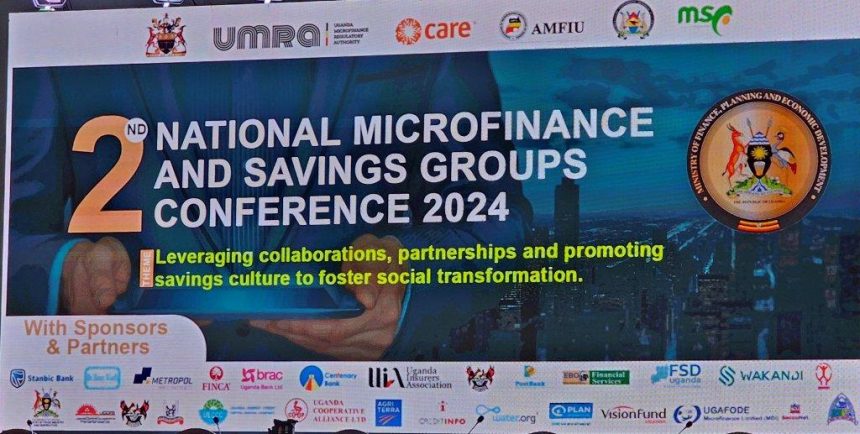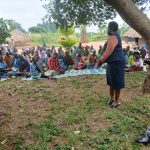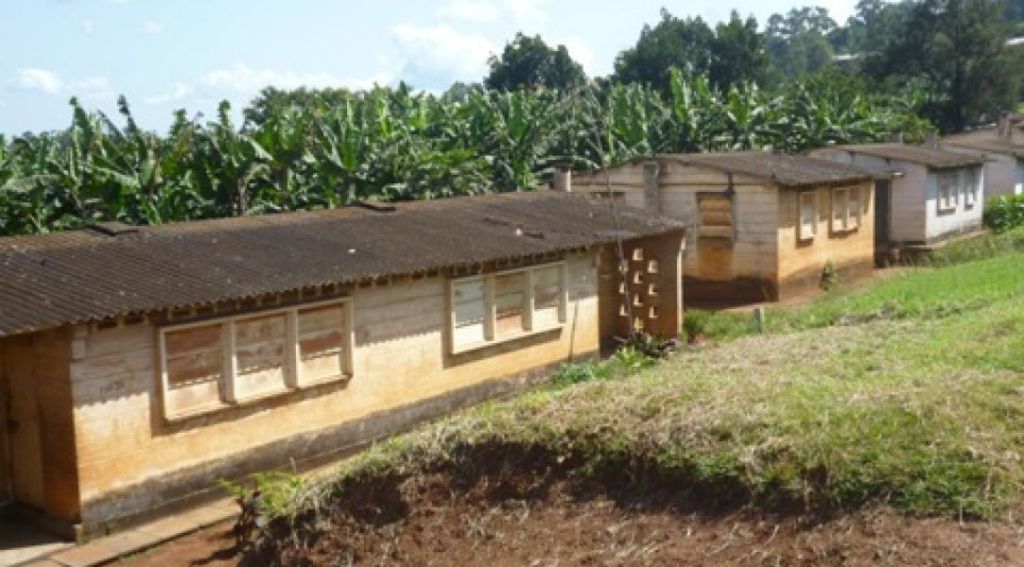President Yoweri Museveni has called upon Ugandan women to seize the financial opportunities available to transform their businesses and uplift the nation’s economy. Speaking through Minister for the Presidency Milly Babalanda at the closing ceremony of the 2024 Second Annual Conference on Microfinance and Saving Groups at Hotel Africana, the President emphasized the pivotal role of financial access in driving economic growth and innovation.
Conference Highlights
| Event | Speaker | Key Message |
|---|---|---|
| Opening Day | Minister Haruna Kasolo Kyeyune | Align efforts to achieve development goals |
| Closing Day | Minister Milly Babalanda | Access to finance is crucial for economic growth |
“Access to finance is the lifeblood of economic development,” Museveni declared, sounding more like a sage from Buganda’s royal court than a modern-day president. “Without affordable capital, people cannot start enterprises, businesses cannot invest in their growth, and opportunities for productive innovation are lost. Then development grinds to a halt.”
With the wisdom of a village elder who has seen many seasons, Museveni stressed that financial access is needed both at the household and enterprise levels. He pointed out the stark reality that only 19% of adults in Uganda had borrowed from formal financial institutions in the past year, while a mere 21% had borrowed from savings clubs.
Financial Access in Uganda
| Borrowing Source | Percentage of Adults (2023) |
|---|---|
| Formal Financial Institutions | 19% |
| Savings Clubs | 21% |
The President then turned his focus to government initiatives aimed at addressing these challenges. “We have also made sure that women and youth are not left behind. Under Emyooga, there is specific provision for women entrepreneurs, and 30% of PDM funds must go to women,” he noted. “The government is implementing the GROW project dedicated to increasing women entrepreneurship and productivity of women’s businesses.”
With the energy of a boda boda rider zipping through Kampala traffic, the conference buzzed with activity. The event, organized by the Association of Microfinance Institutions in Uganda (AMFIU), aimed to build on the commitments and recommendations of the inaugural event, uniting leaders, partners, and government stakeholders to explore strategies for harmonizing development goals.
Government Initiatives for Financial Inclusion
| Initiative | Target Group | Key Features |
|---|---|---|
| Emyooga | Women Entrepreneurs | Specific funding provisions |
| Parish Development Model (PDM) | General Population | Financial inclusion pillar, 30% funds for women |
| GROW Project | Women Entrepreneurs | Increase entrepreneurship and productivity |
James Onyutta, the board president of AMFIU and managing director of FINCA Uganda Ltd (MDI), highlighted the conference’s significance. “This event will build on the foundation laid by the first conference, bringing together various stakeholders to discuss how we can align our efforts to achieve our development objectives,” he said.
In true Museveni fashion, he didn’t miss the chance to sprinkle some tough love into his speech. “We must ensure access to finance at two levels. First, at the household level. Government is implementing measures to address this challenge,” he stated. Highlighting that 10,594 new SACCOs have been established through the Parish Development Model, he urged stakeholders to nurture these groups, which offer affordable loans to millions of Ugandans transitioning from subsistence agriculture.
Achievements Under PDM
| Milestone | Achievement |
|---|---|
| New SACCOs Established | 10,594 |
| Jobs Created | 338,000 (35% for women) |
| Direct Beneficiaries | 4 million people |
For non-agricultural sectors, the Emyooga initiative was highlighted as a success, with 6,810 Emyooga SACCOs benefiting over 4 million people and creating 338,000 jobs, of which 35% were for women. “Stakeholders must work to nurture existing SACCOs,” Museveni urged, with the zeal of a farmer tending to his crops.
Moving beyond households, Museveni emphasized the need for access to wholesale finance. He highlighted the strategic role of the Microfinance Support Centre and the Uganda Development Bank in providing funds to medium and large businesses in various sectors. “Microfinance groups should organize themselves to take advantage of these funds and link their activities to UDB’s priority areas,” he advised.
He addressed the elephant in the room—burdensome credit conditions for small businesses, which face high-interest rates of up to 24%. “Government will continue to prioritize consumer protection,” he promised, sounding as protective as a mother hen. He called for honesty and integrity within financial institutions to build trust in the microfinance sector.
In a nod to Uganda’s tech-savvy youth, Museveni highlighted the transformative potential of digitization. “With the tap of a smartphone, the unbanked can become banked, loans can be issued, and savings can be mobilized,” he said. However, he noted the need to reduce data costs and invest in infrastructure to include rural areas in the digital revolution.
Digital Financial Inclusion Potential
| Digital Solution | Impact |
|---|---|
| Smartphone Banking | Increased financial access |
| Mobile Loans and Savings | Easier access to financial services |
| Reduced Data Costs | Broader inclusion in rural areas |
Finally, Museveni called for a mindset change to restore credibility in the sector. “If you take a loan, repay it; if you are trusted with member savings, use them wisely; if you offer financial products, do so honestly,” he advised.




















